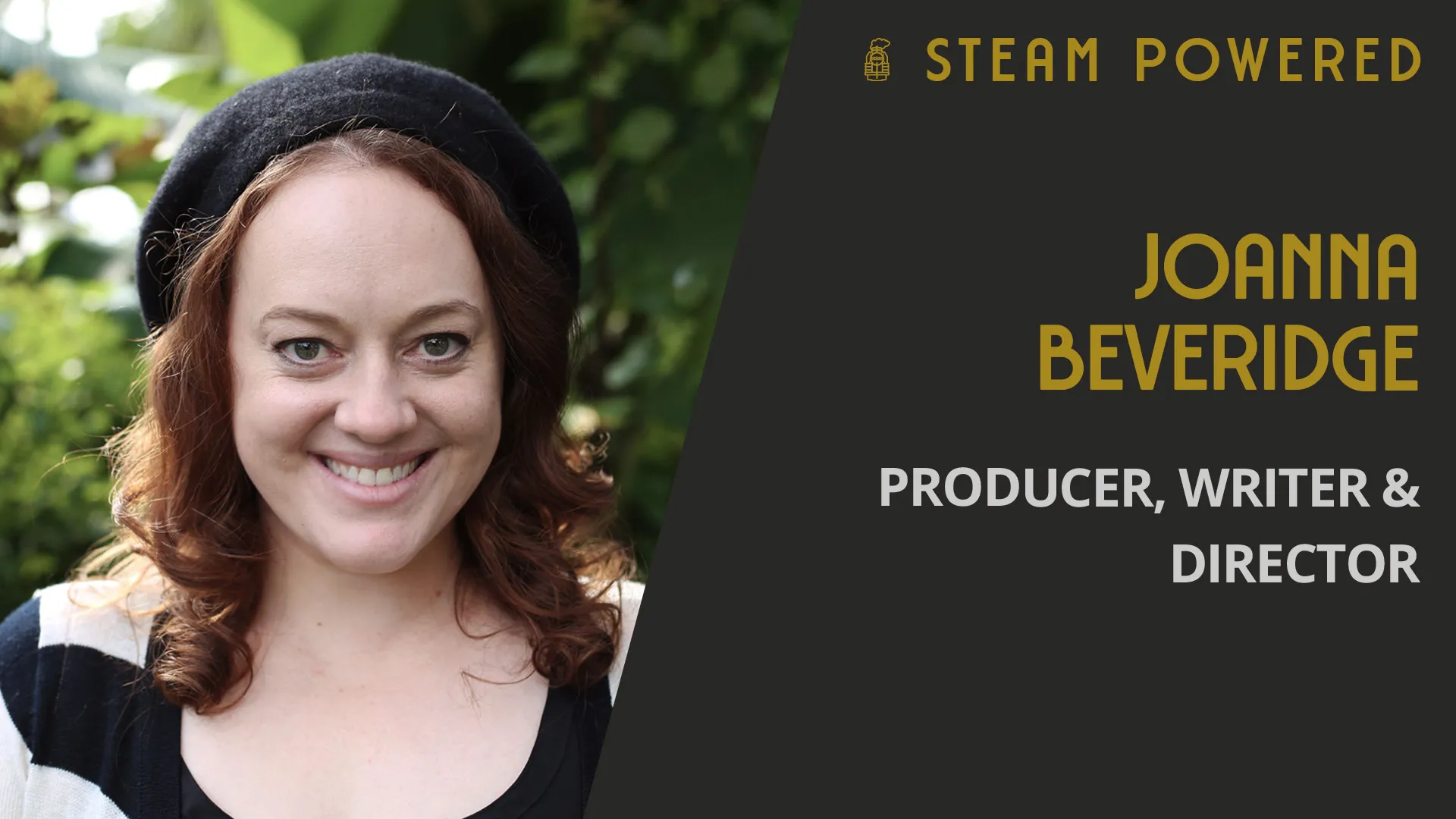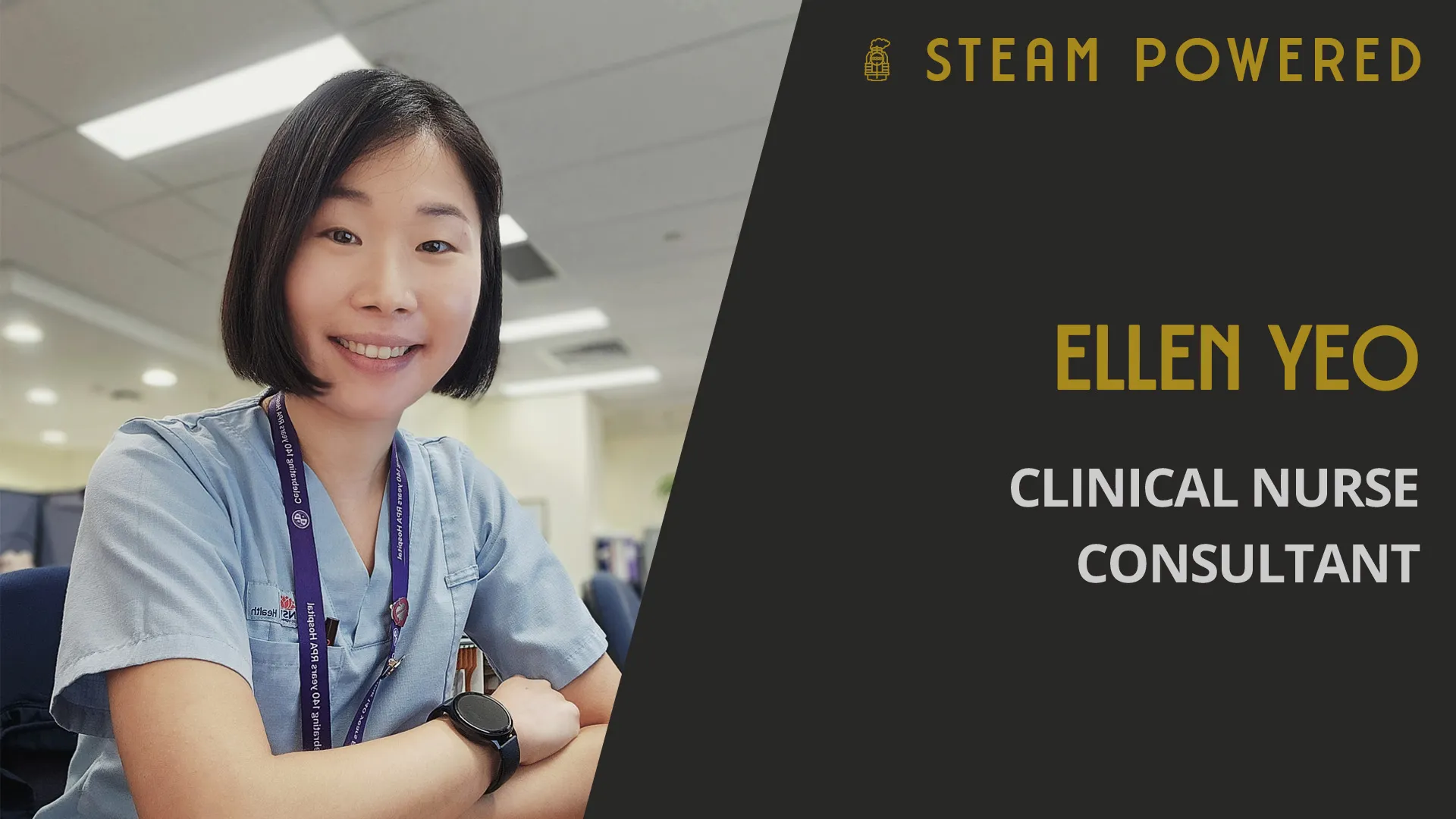Innovating for Social Impact with Rumee Singh
Not everyone has that pivotal moment where they realise what they want to do with their life, and that's okay. The important thing is to be open to ideas and opportunities even if they may take you a different direction.
Rumee Singh is the CEO and co-founder of Rahat and a Tech Entrepreneur. Join us as Rumee shares the full-circle journey that brought her home, and building solutions that make an impact in her community.
About Rumee Singh
Rumee Singh, CEO of a UNICEF Innovation Fund portfolio startup, leads Rahat, a financial access platform addressing climate impact and fostering inclusion for the most vulnerable. Rumee started her entrepreneurial journey after moving back to Nepal in 2018. With over 20 years of global leadership, Rumee Singh is celebrated among Nepal’s leading women in tech; a 2023 MIT Solver and is featured in the Women for Change 2024 global campaign.
Rumee’s work through Rahat has positively impacted 20,000+ beneficiaries. As a GSMA Innovation Fund grantee, her team is currently working to streamline efforts for timely humanitarian responses for vulnerable households in flood-prone regions. Rumee also founded a non-profit addressing the stress of blood management in Nepal, and her initiative has saved over 23,000 lives.
- Rahat: https://rahat.io/
- Twitter: @rahataid
Listen to the Podcast
Listen on Apple Podcasts, Spotify, iHeartRadio, Amazon Music, Castbox, Deezer, Goodpods, Overcast, Pocket Casts, TuneIn, Blubrry, Podcast Addict, Podchaser, JioSaavn, RSS , and other podcast platforms.
Watch on YouTube
- [00:01:03] Following the familial STEM path.
- [00:03:12] The concern that it felt 'wrong' to not know your direction in life.
- [00:03:57] The pivot to journalism and communications.
- [00:05:12] The journey home and connecting with community.
- [00:07:14] So, what now? Deciding what comes next.
- [00:07:51] A reminder of what has always been important to her.
- [00:08:44] Hamro Lifebank and the digital transformation of blood management.
- [00:14:11] Rumsan, and leveraging technology for social impact.
- [00:15:15] Exploring blockchain as a tool.
- [00:15:40] Rahat, to support transparency in tracking humanitarian aid and reaching the underbanked.
- [00:17:08] The challenges of pioneering with new technology and the value of industry support.
- [00:18:30] Anticipatory Action (AA) in disaster response.
- [00:19:33] Direct financial access support and building community resilience.
- [00:20:06] Supporting digital and financial literacy in underserved populations to reduce the digital divide.
- [00:21:18] Technology is just a tool. The end-user doesn't and shouldn't have to know how their problem is solved.
- [00:23:08] Technological leapfrogging and the challenges with all forms of literacy.
- [00:24:26] You will always need people in the field, but tech can shoulder some of the load.
- [00:27:27] The challenge of balancing expanding support opportunities and scope creep.
- [00:31:36] Societal and humanitarian issues are multifaceted.
- [00:33:52] The challenges of making impact sustainable.
Highlights
Additional Resources
Connect with Us
- @steampoweredshow
- @steampoweredshw
- @steampoweredshow
- @steampoweredshow
- @steampoweredshow
- @steampoweredshow
- steampoweredshow
Support STEAM Powered
Review Us
Please leave us a review on Apple Podcasts, Spotify, GoodPods, Podchaser, or your preferred podcatcher.
Become a Patron
Affiliate Programs
Start your own podcast or YouTube channel, or run panels and seminars with
Riverside.fm. Record up to 8
people in a session with up to 1000 audience members. You can record in advance
as I do, or you can livestream with the option to send it straight to Facebook,
Youtube, Twitter, or Twitch. There’s even a green-room for guests and live call
in for audience members. Afterwards, get separate video (up to 4K) and audio (up
to 48kHz) tracks per recorded participant for editing, none of that “active
speaker only” limitation. You know you’re in good hands with a service whose
client-base includes some heavy-hitters. Check out
Riverside.fm to see who else is on
board. Use promo code STEAM25 to get 25% off the first three months of your
subscription.
Music is “Gypsy Jazz in Paris 1935” by Brett Van Donsel.

